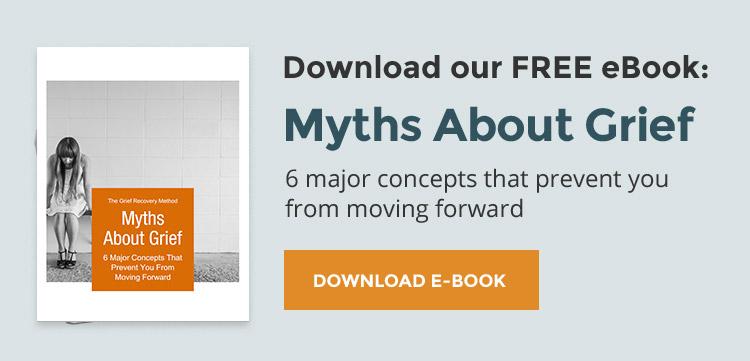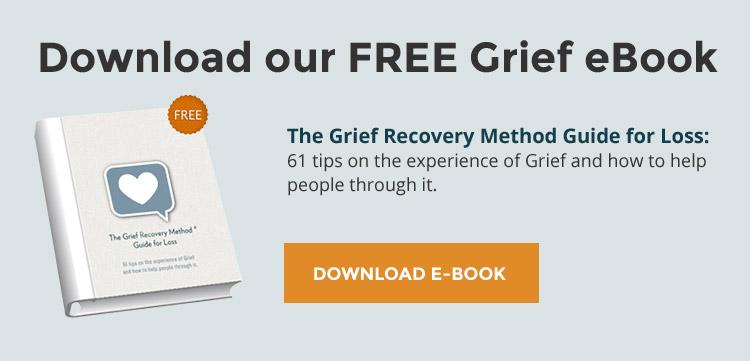Most of us are so busy in our daily lives that we spend very little time thinking about our own mortality. It is often only after a friend or family member dies that we take a moment and reflect on the fact that we will someday die ourselves.
This is even true for those who deal with death on a daily basis. When I was in mortuary school, (yes, there is actually a school for this), one of the instructors asked us in class one day if we were afraid of dying. More than half of my classmates, who were planning to be there for others when they were dealing with a death, were terrified at the thought of dying themselves. Most of them had never thought about it. These were people training to be “death care professionals,” and yet they had never given a thought to their own mortality!
Unless you have had a near brush with death yourself, it is very possible that you never gave this a thought. When I was 21, I knew in my own mind that I was going to live forever. Then I broke my neck. It was not until I was signing surgical authorizations that I had any concept that I might die as a result of my injury. It certainly made me think about the possibility. It was also something with which I needed to make peace, so that I could focus on recovery, rather than my fears.
Death is a scary thing! Even if we have a level of faith or personal philosophy that we profess regarding our own death, most of us still have an element of fear attached to dying because we have so much living we want to do first. While we may not be scared of death, we may be fearful of the process that leads to it. There is an element of the unknown, attached to dying, which may bring fear to our hearts.
Some have likened death to birth. Before we are born, our concept of life is all about being in the womb. Generally, it is a safe, dark and warm environment. Any sounds are muted by the insulation between us and the outer world, of which we have no concept. Then, suddenly, everything changes. It is like an earthquake! In very short order that baby is surrounded by bright lights, loud noises, and entirely new physical sensations. This is obviously an over simplification of the birth process, but it touches on all of the changes that the baby is experiencing. These were changes it was not prepared for on any experiential level.
While we may or may not have some personal philosophy of what happens to us after we die, the concept of the change we will experience as part of the process is, after all, something to which elements of grief are attached. Any major change in our lives, good or bad, is accompanied by elements of grief.
People often say that the only guarantees in life are death and taxes. The reality is that many avoid or evade taxes. Death, however, is unavoidable.

Enjoy the Present Moment!
So we have a choice. We can spend our lives fearing death, or enjoy the “Present Moment”, and not worry about that over which we have no control. This exact moment of our lives is the only thing we can control. We cannot change the past, since time machines only exist in science fiction. No matter how much we plan for the future, there are too many variables that are out of our control.
Think about the last time you took a trip. You knew what time you were supposed to arrive at your destination. Along the way, however, things happened. You had to stop for gas, you had a flat tire, you ran into a detour, or your plane was late. These were all things out of your control that changed your arrival time. No matter how much you worried about it, it did not change the fact that you arrived later than you anticipated.
The present moment is the only thing that we can control with any element of certainty, yet it is one thing we often fail to enjoy! We are taught at an early age to dwell, and often regret, the mistakes of the past and to worry about what the future will bring. We become so involved in the past and the future that we often miss out on the present! This is your moment. Instead of adding this moment to your list of regrets as time wasted, why not make the best of it!
Instead of worrying about your death, make the best of today!
This is an easy thing to say, but it will involve some practice on your part. Take the time to enjoy each moment you experience. Instead of focusing entirely on things you cannot fully control, focus on what is happening around you now. Tell people what you appreciate about them and take in everything around you.
I imagine that a lot of you drive to work every day on the same route. How many of you frequently get to where you are going and have no conscious memory of the trip? You have most likely been thinking of what you have to do, rather than staying in the present moment. Considering that everyone around you has most likely been doing the same thing, it can be a sure way to hasten your death! With everyone else multitasking, rather than being fully focused on driving and their surroundings, it is no wonder that there are so many accidents. Multitasking tends to allow people to do multiple things poorly, rather than one thing correctly.
When you make it a point to be in the present moment, you begin to notice everything around you. When you are behind the wheel, you notice new businesses and changes to old ones. When you are in your yard, you see the new plants growing or hear the birds singing. You have the opportunity to add joy to your life, rather than being focused on regrets and worries.
Grievers are often stuck on regrets and worries.
This is not to say that you should never think of anything out of the present moment. It is wonderful to reflect on fond memories and wise to plan for some future events. The problem is that most tend be become overwhelmed with regrets of the past or worries about the future. This is particularly a problem for grievers.
When we are grieving a major change in our lives, it is easy to focus on the things we wish might have been different or better. It is equally easy to worry about what the future will bring, since it is going to be different than the one we planned prior to the loss. It becomes about the past and future, because the present is overwhelming.
If this is where you find yourself, it is a signal that you need to take some personal grief recovery action! Once you have taken this action, it will open up the possibilities of enjoying the present moment and all it has to offer.
When you find that a recent death has caused you to worry about your own mortality or thinking about your own mortality, it is often a signal that you may have something unfinished in that relationship and that you need to take some personal grief recovery action. Life is too short to let what you cannot control have control over your life!

If you found this article useful information, we suggest you visit our searchable Grief Blog for other articles. Here are two we also suggest:
10 things you need to know about the grieving process
How do I know if I have unresolved grief? It's simple...



























Comments
Jayson Davis
stephen moeller, grief recovery specialist
Laurie56
This helped so much. Thank you.
Add new comment